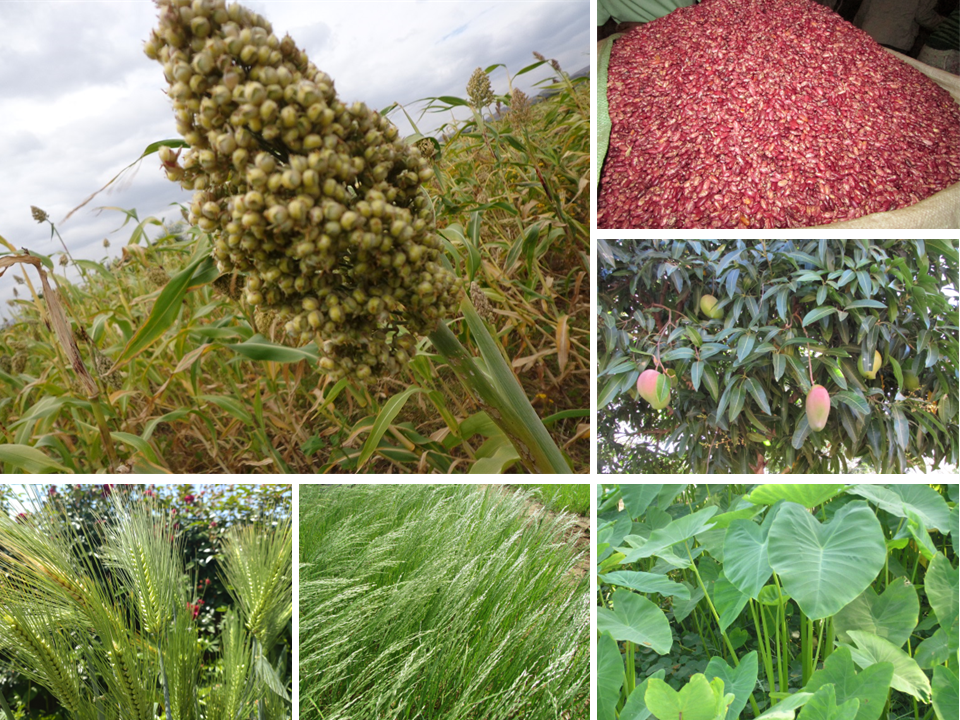Pick Up
1016. Scientists Who Have Contributed to the Conservation of Crop Genetic Resource Diversity to Receive the 2024 World Food Prize

1016. Scientists Who Have Contributed to the Conservation of Crop Genetic Resource Diversity to Receive the 2024 World Food Prize
Dr. Geoffrey Hawtin and Dr. Cary Fowler will receive the 2024 World Food Prize in recognition of their contributions to the conservation of crop diversity and genetic resources, which are critical to global food security.
In the face of climate change, pandemics, conflicts, and other existential threats, the diversity of crop genetic resources plays a decisive role in maintaining long-term global food security. Over the past 50 years, Dr. Geoffrey Hawtin and Dr. Cary Fowler have been involved in the conservation of more than 6,000 crop species and culturally important plants through their leadership as scientists and policy advisors in the operation and financing of genebanks around the world. Among other things, they have been instrumental in the establishment of the Global Crop Diversity Trust (Crop Trust) to ensure the stable operation of the genebanks and the Svalbard Global Seed Vault in Norway, also known as the modern version of Noah's Ark.
Genebanks are the most important resource for scientists developing and breeding crop varieties. More than 1,750 genebanks around the world collect and store more than 7.4 million crops with traits such as climate resilience, pest resistance, high nutritional value, salt tolerance, and others. As the diversity of varieties is gradually being lost from farmers' fields, it is crucial to preserve backups. In fact, the Svalbard Global Seed Vault served as a backup for the ICARDA genebank, which was affected during the Syrian conflict.
The diversity of genetic resources is critical for the future of agriculture. Agriculture depends on the diversity of genetic resources that can be adapted to different niches around the world. On the other hand, it is also estimated that many crop species around the world have lost more than 90% of their diversity. In the future, as extreme weather and environmental changes never experienced by humans over the past 12,000 years are expected to occur, there is an urgent need to conserve the diversity of genetic resources so that agriculture can adapt to ensure food security.
Contributor: IIYAMA Miyuki (Information Program)
